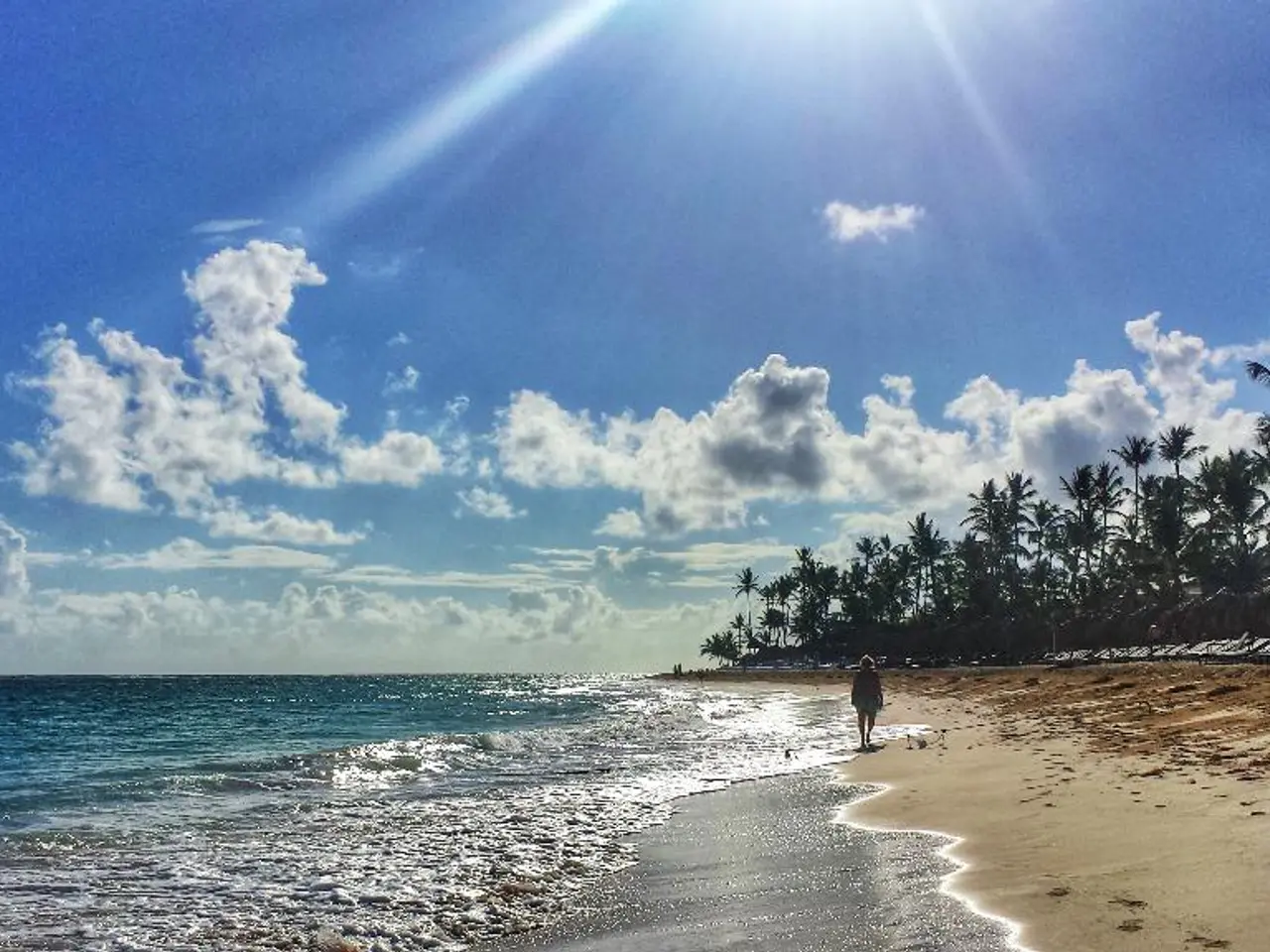EPCAPE Concludes: Unprecedented Data on Coastal Marine Clouds
The Eastern Pacific Cloud Aerosol Precipitation Experiment (EPCAPE) has successfully concluded its yearlong observational phase in mid-February 2024. The project, led by UC San Diego's Lynn Russell, provided unparalleled four-season data on coastal marine clouds, their radiative effects, and the influence of human-made particles.
EPCAPE was based at the Ellen Browning Scripps Memorial Pier, with the Department of Energy's Atmospheric Radiation Measurement (ARM) user facility supplying key instrumentation. ARM deployed its portable atmospheric observatory, AMF1, along Scripps Pier, supported by additional instruments on Mount Soledad. The project involved 17 co-investigators from various institutions, including universities, national labs, NASA, and Environment and Climate Change Canada.
The experiment exceeded expectations, recording more clouds and data than anticipated. It produced the most detailed and extensive probing of California coastal marine stratus to date, with most direct measurements freely available in the ARM Data Center and UC San Diego's digital library collections.
EPCAPE's successful completion sheds new light on marine stratocumulus clouds, which play a significant role in Earth's climate. The project's findings will contribute to a better understanding of cloud-aerosol interactions and their impact on climate, ultimately aiding in the development of more accurate climate models.
Read also:
- Reconsidering the Approach to Mountain Height Measurement?
- UK automaker, Jaguar Land Rover, to commit £500 million for electric vehicle manufacturing in Merseyside
- Standard Nuclear & Framatome Join Forces to Boost TRISO Fuel Production by 2027
- Exhibition Spotlights Child Labor in Lithium and Cobalt Mines








